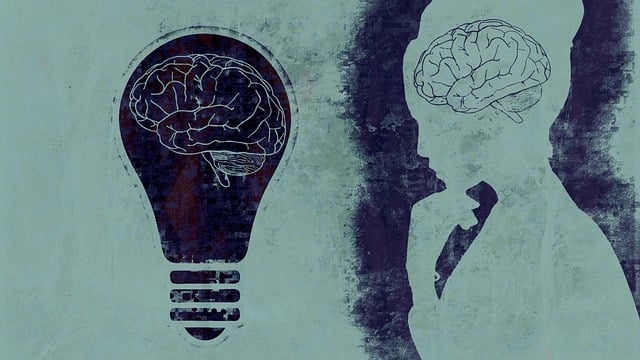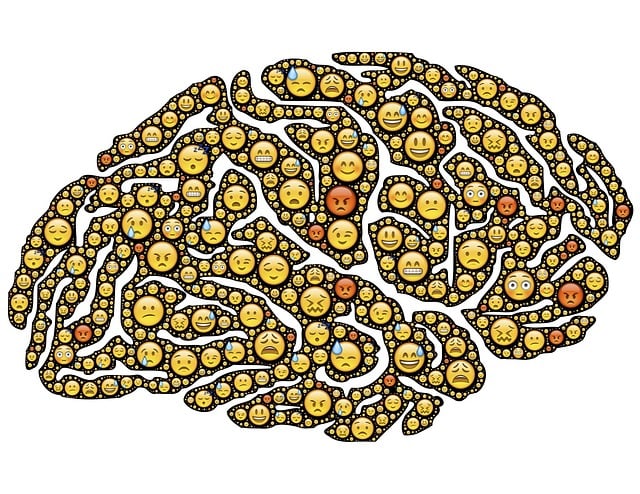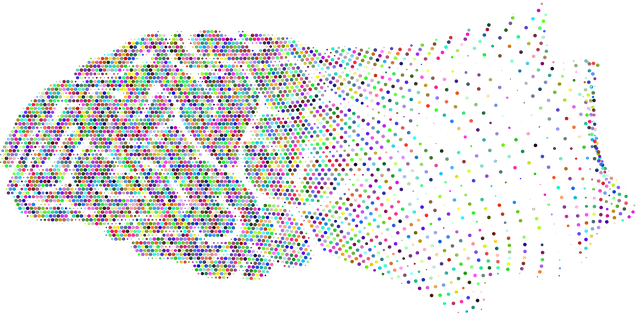Greenwood Village Chronic Illness Therapy offers a holistic approach to managing mental health by teaching patients to navigate their emotional landscapes through evidence-based strategies, reducing stigma, and building resilience. This includes identifying emotional triggers, leveraging cognitive restructuring for mood management, incorporating mindfulness and meditation for stress reduction, and cultivating self-compassion through journaling exercises, ultimately enhancing overall well-being.
Emotion regulation techniques are essential tools for navigating life’s ups and downs, especially for those managing chronic illnesses. This comprehensive guide explores effective strategies inspired by the Greenwood Village Chronic Illness Therapy approach. From identifying triggers and cognitive reconfiguration to mindfulness practices and building resilience, each section provides practical insights. Learn how these techniques can help you gain control, foster emotional balance, and enhance overall well-being, as backed by this innovative therapeutic methodology.
- Understanding Emotion Regulation: Unraveling the Greenwood Village Chronic Illness Therapy Approach
- Identifying Triggers: A Key Step in Learning to Manage Emotions
- Cognitive Strategies: Rewiring Your Mind for Emotional Balance
- Mindfulness and Meditation: Finding Peace in the Present Moment
- Building Resilience: Coping Skills for Navigating Life's Challenges
Understanding Emotion Regulation: Unraveling the Greenwood Village Chronic Illness Therapy Approach

Understanding Emotion Regulation is a pivotal step in managing mental health, especially for individuals navigating chronic illnesses. The Greenwood Village Chronic Illness Therapy Approach offers a unique perspective by focusing on empowering patients to unravel and manage their emotional landscapes. This therapeutic method recognizes that chronic illness can significantly impact an individual’s emotional well-being, leading to heightened stress, anxiety, or even depression. By employing evidence-based techniques, the approach aims to foster resilience building and Mental Illness Stigma Reduction Efforts.
The core of this therapy lies in teaching effective emotion regulation strategies tailored to each patient’s needs. It encourages individuals to recognize and accept their emotions as a natural response to illness, rather than suppressing them. Through various exercises, patients learn to understand the connection between their thoughts, feelings, and behaviors, enabling them to make informed decisions about managing their emotional responses. This holistic approach not only helps in coping with the physical demands of chronic illness but also enhances overall mental resilience.
Identifying Triggers: A Key Step in Learning to Manage Emotions

Identifying triggers is a fundamental step in learning to manage emotions, especially for those seeking Greenwood Village chronic illness therapy. Understanding what sets off emotional responses allows individuals to develop effective coping strategies. Triggers can be external, like certain environments or interactions, or internal, such as specific thoughts or memories. By recognizing these triggers, people can begin to unravel the complex interplay between their thoughts, feelings, and behaviors.
This awareness facilitates the implementation of mental wellness coaching programs development and self-care routine development for better mental health. It empowers individuals to build inner strength by providing them with tools to navigate emotional challenges. Through this process, they gain a deeper understanding of themselves, enabling them to respond to triggers in healthier ways and enhance their overall well-being.
Cognitive Strategies: Rewiring Your Mind for Emotional Balance

Cognitive strategies are a powerful tool for emotion regulation, offering individuals the chance to rewire their minds and achieve emotional balance. This approach focuses on identifying and challenging negative thought patterns, which can significantly impact mood management. By understanding the connection between thoughts, feelings, and behaviors, Greenwood Village Chronic Illness Therapy offers valuable insights into breaking destructive cycles.
These strategies are particularly effective in burnout prevention and mental illness stigma reduction efforts. They empower individuals to manage their emotional responses, fostering a sense of control and resilience. Through cognitive restructuring, one can learn to reframe negative thoughts, replace them with more adaptive ones, and subsequently alter emotional reactions, leading to improved overall well-being.
Mindfulness and Meditation: Finding Peace in the Present Moment

In today’s fast-paced world, mindfulness and meditation offer a sanctuary of peace within the chaos. These practices, often integrated into mental wellness coaching programs, encourage individuals to focus on the present moment, cultivating awareness of their thoughts and emotions without judgment. For those dealing with chronic illness in Greenwood Village or seeking burnout prevention strategies for healthcare providers, this technique becomes an invaluable tool. By observing rather than reacting to internal states, one can learn to regulate emotions more effectively, fostering mental wellness development.
Meditation serves as a bridge between the mind and body, helping individuals disengage from repetitive thoughts and create a sense of calm. This practice, when combined with mindfulness exercises, empowers people to navigate life’s challenges with greater resilience. It is particularly beneficial for healthcare providers who often face high-stress situations, enabling them to recharge and avoid professional burnout. Through regular meditation, one can enhance their ability to stay grounded, improve concentration, and cultivate a profound sense of inner peace.
Building Resilience: Coping Skills for Navigating Life's Challenges

Emotion regulation techniques play a pivotal role in building resilience, equipping individuals with essential coping skills to navigate life’s challenges. In Greenwood Village Chronic Illness Therapy, professionals often integrate compassion cultivation practices and cultural sensitivity in mental healthcare practice to enhance these techniques. By fostering a sense of self-compassion, patients learn to accept their emotions without judgment, enabling them to manage stress more effectively.
Mental wellness journaling exercises guidance is another valuable tool. It encourages individuals to reflect on their feelings, track triggers, and identify patterns. This introspective practice helps in developing personal strategies for emotional regulation, ultimately leading to improved mental health outcomes. Through these techniques, individuals gain the strength to confront life’s obstacles head-on, fostering a deeper sense of resilience and well-being.
Emotion regulation techniques, as explored through the lens of the Greenwood Village Chronic Illness Therapy Approach, offer a comprehensive framework for managing and understanding our emotional well-being. By identifying triggers, employing cognitive strategies, embracing mindfulness, and building resilience, individuals can gain valuable tools to navigate life’s challenges with greater ease. These practices empower folks to cultivate emotional balance, fostering a sense of control and enhancing overall mental health. Through consistent application, these techniques have the potential to revolutionize one’s approach to emotion regulation, leading to improved quality of life.













